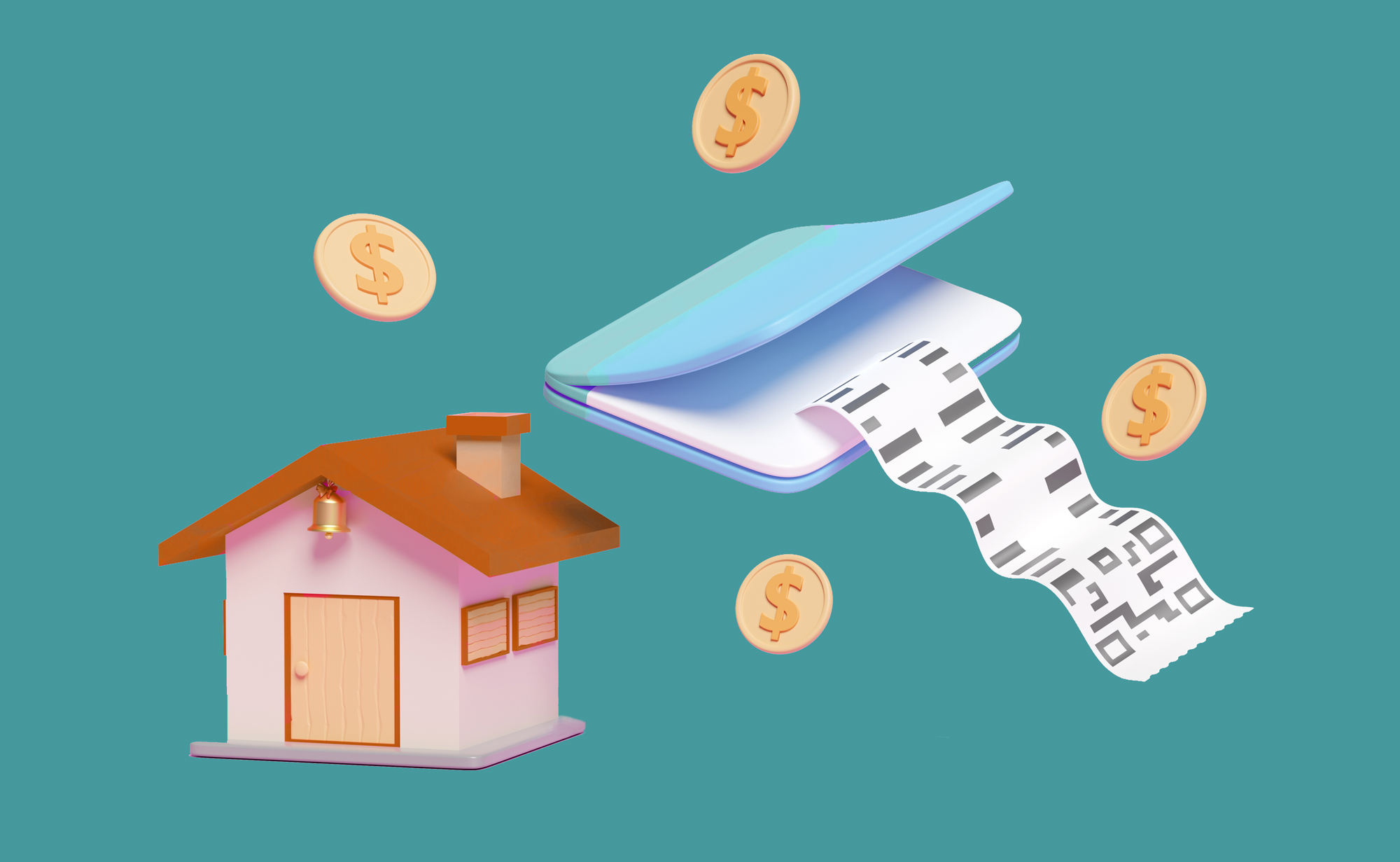How does your credit card balance affect your credit score?

A credit card is one of the primary ways people create and build their credit. The average credit card holder is over $15,000 in debt. How does this affect your credit score?
Credit card rating
Credit scores are determined by FICO, a data analysis company. The scores obtained by this company measure the creditworthiness of consumers. Without good credit, it is difficult for people to get a loan, and if they do, the interest is much higher.
Credit scores range from 300 to 850 and are basically like a grade. Lenders buy and use points to decide whether to lend to people and determine the interest rate they will charge. Whether interest rates can affect your credit score, find out by clicking on this link.
Credit scores are calculated using the following:
- Payment history. Your history of payments on a loan, credit card or other debt is responsible for 35% of your credit score. Paying off the full amount of debt and paying it off on time will help improve your credit score.
- Debt level. The amount of people's debt is 30% of their credit score. If your debt exceeds 30% of your available credit, your credit score may deteriorate. Paying balances on time every month or keeping them low is best because it shows responsible credit habits.
- Length of credit history - when calculating the credit score, the age of the accounts is used. This is responsible for 15% of your credit score. The FICO formula uses the oldest and most recent accounts, as well as the average of all accounts, to arrive at a score.
- New loan. If more credit accounts are opened in a short time, this can lower your credit score. This is especially true for those with a short credit history. New credit is responsible for 10% points.
- Mixed loan. All accounts such as retail companies, financial companies, credit cards and other loans contribute 10% of your credit score. Including requests.
Credit card balance
The amount of debt to available credit is also called the credit utilization ratio. Credit bureaus view less credit use as evidence of responsible credit use, which is rewarded by higher credit scores.
For example, if a credit card with a $1,000 limit owes $300, the person's credit score will be higher than someone who owes $500 on the same card.
It may be tempting to use existing credit, but using too much can result in a lower credit score as the 30% score is based on the amount of debt you have. This may also affect the VantageScore, which is another credit score developed and used by the top three credit card companies.
Lenders usually report to credit bureaus on a monthly basis. Making a major purchase and using your card to the maximum can result in a credit score downgrade of 45 points or more. If a borrower is close to the threshold score for loan approval, they may be denied a loan or have to pay a higher interest rate.
A purchase that increases your credit usage by more than 30% of your available credit may not change your credit score if that debt is repaid or repaid before the next statement's closing date. Gambling and taxes, how it works from online casinos to poker, you can learn about this and much more by clicking on this site.
Pay the debt
Paying off debt is the best way to improve your credit score. However, transferring debt to a new card with a lower interest rate may result in a higher credit score due to an increase in the amount of credit available.
While adding a request when applying for a new card may result in a temporary reduction in score, your balance limit is reduced and this may increase your credit score.
The most important thing to remember when you have a high credit score is that the goal is to spend responsibly. Pay off debt quickly. Your payment history is the next important factor in calculating your credit score.